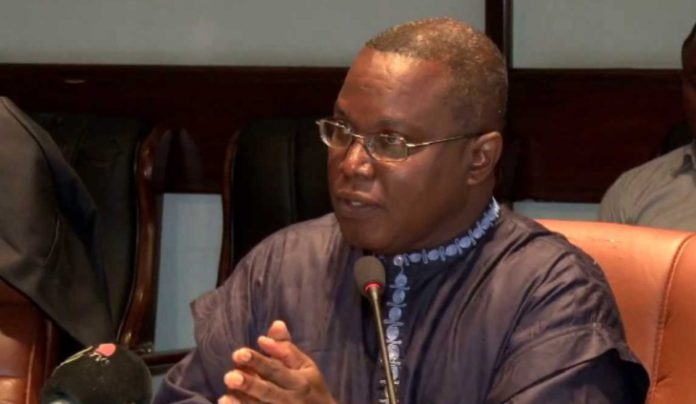A renowned economist, Dr Nii Moi Thompson, has highlighted some strategies that can be adopted to make the 24-hour economy feasible.
This comes after the flagbearer of the National Democratic Congress (NDC), John Mahama pledged to implement a 24-hour economy to address the prevailing rate of youth unemployment in the country.
While critics are skeptical about the practicability of the initiative, Dr Thompson in an opinion piece noted that the ambitious policy is achievable should the government make the needed investment.
Dr Thompson emphasised that while the idea of a 24-hour economy is compelling, its implementation would require substantial investment in productive assets such as factories, equipment, and infrastructure.
He pointed to a worrying decline in such investments, which have dropped from a decade-high of 27.0% of GDP in 2015 to a low of 10.7% in 2023, according to data from the Ghana Statistical Service.
“Reversing this plunge will require a surge in investment, particularly foreign direct investment, on an unprecedented scale,” he noted.
The economist further outlined several critical initiatives that must be undertaken as part of the 24-hour economy.
He noted that a legislative and policy agenda must set the parameters for the policy.
“A drastic overhaul of fiscal and monetary policies to re-orient them towards employment-intensive growth, especially exports, which currently receive less than 1.0% of credit from banks, compared to nearly 7.0% for imports and 15.0% for “commerce and finance,” the largest.
“Emergency public sector reforms, with particular focus on SOEs, such as ECG, Ghana Water Company, and various infrastructure ministries, departments, and agencies,” he added.
Other strategies he recommended included; “accelerated TVET training in preparation for a surge in infrastructure development, restructuring of CSIR to drive Ghana’s scientific and industrial revolution and mobilisation of public support for the strategy.”
Dr Thompson reiterated that while the 24-hour economy concept has the potential to transform Ghana’s economic landscape, it will require meticulous planning, significant investment, and widespread structural reforms to overcome the substantial challenges ahead.
Source: Ama Cromwell
ALSO READ:


